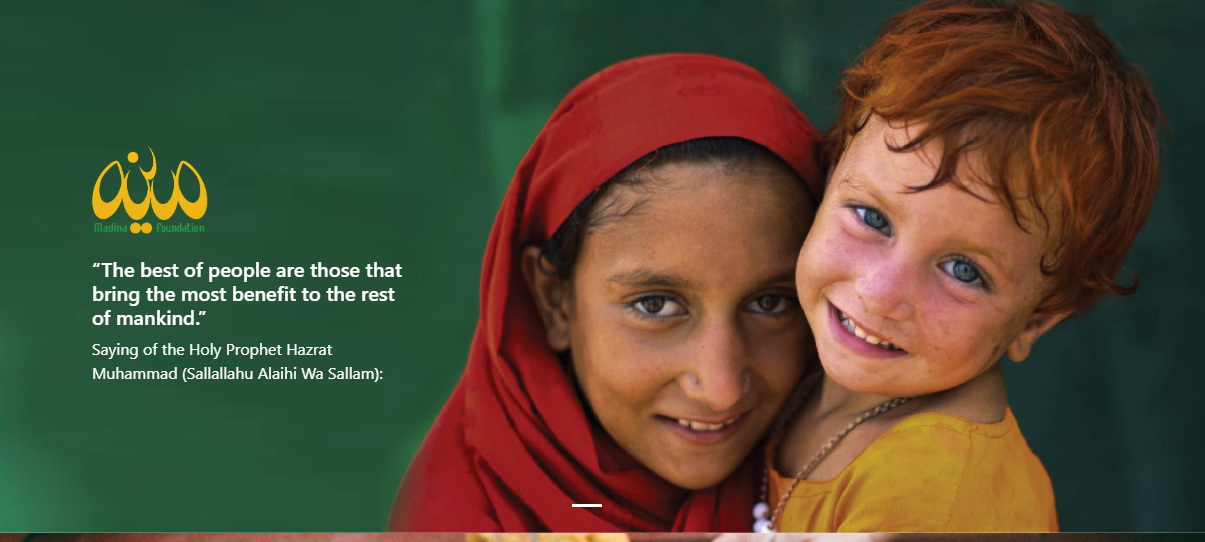Free Medical Camps in Pakistan: A Lifeline for the Underserved

Free Medical Camps in Pakistan: A Lifeline for the Underserved
Introduction
In a country where millions lack access to basic healthcare, free medical camps in Pakistan have become a critical tool for delivering hope and healing. These camps bridge the gap between urban medical services and rural or low-income communities, where hospitals and clinics are often out of reach. Organized by charitable trusts, medical institutions, NGOs, and government agencies, they bring doctors, medicines, and diagnostic services directly to the people who need them most, free of cost.
Why Free Medical Camps Matter in Pakistan
Healthcare inequality is a major concern in Pakistan. Rural areas especially suffer from a lack of hospitals, medical staff, and affordable treatment options. With high poverty rates and rising medical costs, many people are forced to choose between necessities and health checkups.
Free medical camps provide a practical solution. They offer:
-
Early detection of illnesses
-
On-the-spot treatment for common ailments
-
Health education and awareness
-
Specialist consultations in remote areas
-
Free medicines and lab testing
Most importantly, they restore a sense of dignity by offering quality care without financial burden.
Who Organizes Free Medical Camps in Pakistan?
Several organizations, public and private, regularly organize free medical camps across Pakistan:
1. Charitable Trusts and Foundations
Organizations like Madina Foundation, Edhi Foundation, Saylani Welfare Trust, and Al Khidmat Foundation arrange hundreds of medical camps every year in rural and underserved communities. These include general health checkups, women’s health services, eye care, and free surgeries.
2. Universities and Medical Colleges
Institutions like the University of Faisalabad and the University Medical & Dental College often send their students and staff into the field to conduct free camps as part of community outreach programs. This benefits both students (through hands-on learning) and patients (through quality care).
3. NGOs and Health Organizations
Non-profits like Médecins Sans Frontières (Doctors Without Borders) and local health-focused NGOs collaborate with donors and hospitals to serve marginalized groups.
4. Government Health Departments
In times of crisis, such as floods or disease outbreaks, government-run free medical camps provide emergency services and vaccinations to affected communities.
Types of Services Offered
Free medical camps offer a wide range of services, depending on the region and need:
General Health Checkups
Doctors perform physical exams, take vital signs, and recommend treatment or further tests.
Eye Camps
Eye specialists conduct vision tests, distribute glasses, and perform cataract surgeries.
Dental Clinics
Free dental camps offer tooth extractions, cleanings, and oral hygiene education.
Gynecology and Women’s Health Services
Specialized services for women, including pregnancy checkups, anemia treatment, and reproductive health counseling.
Skin and Dermatology Camps
Treatment for common skin conditions, allergies, infections, and awareness about hygiene.
Mental Health Counseling
Some camps also provide basic mental health awareness and one-on-one counseling.
Laboratory Testing
Many camps offer free tests for blood pressure, blood sugar, hepatitis, cholesterol, and more.
Beneficiaries of Free Medical Camps
Free medical camps serve a wide range of people, including:
-
Daily wage workers
-
Widows and orphans
-
Senior citizens
-
People with disabilities
-
Rural communities
-
Disaster-affected populations
In cities, camps are often set up in slums or industrial zones where workers have limited healthcare access.
Challenges Faced by Medical Camps
While highly beneficial, free medical camps also face some challenges:
-
Limited funding and medical supplies
-
Shortage of specialist doctors
-
Lack of follow-up treatment
-
Transportation and infrastructure issues
-
Cultural barriers in rural areas
However, continuous support from donors, volunteers, and institutions helps overcome many of these hurdles.
Success Stories from the Field
In countless villages across Pakistan, people who had never seen a doctor were diagnosed with diabetes, high blood pressure, or cataracts, conditions that were silently destroying their health. Thanks to free camps, they received life-saving advice, referrals, and medication.
In urban areas, workers who couldn’t afford checkups got access to high-quality care, improving their productivity and well-being.
Women, in particular, benefited greatly from female-led camps offering gynecological services in conservative areas.
The Role of Volunteers and Students
Volunteers, both medical and non-medical, are the backbone of free medical camps. Students from universities are trained in community medicine and public health outreach. They assist doctors, counsel patients, distribute medicine, and maintain camp records.
This not only strengthens their professional skills but also builds empathy and a strong connection to community service.
How You Can Help
You don’t need to be a doctor to support free medical camps. Here are some ways to contribute:
-
Donate medicines or equipment
-
Fund a health camp in your area
-
Sponsor a patient’s treatment
-
Volunteer for logistics and administration
-
Promote the cause on social media
Even spreading awareness about upcoming camps can help someone in need.
Conclusion
Free medical camps in Pakistan are more than just temporary health solutions; they are life-changing experiences for countless people. They provide not just treatment but hope, relief, and education. In a healthcare system struggling with access and affordability, these camps act as a bridge to a healthier, more equitable future.
Whether organized by universities, charities, or local NGOs, every camp is a powerful reminder that kindness and service can heal more than just the body; they uplift the soul of a nation.
- Marketing & Social Media
- AI & Digital Tools
- Science & Innovation
- Business & Finance
- Education & Learning
- Technology & Gadgets
- Family & Relationships
- Parenting & Kids
- Fashion & Beauty
- Travel & Culture
- News & Politics
- Κεντρική Σελίδα
- Literature
- Music
- Networking
- άλλο
- Party
- Religion
- Shopping
- Sports
- Theater
- Wellness
- Art
- Causes
- Crafts
- Dance
- Drinks
- Film
- Fitness
- Food
- Gardening
- Health
- Παιχνίδια



